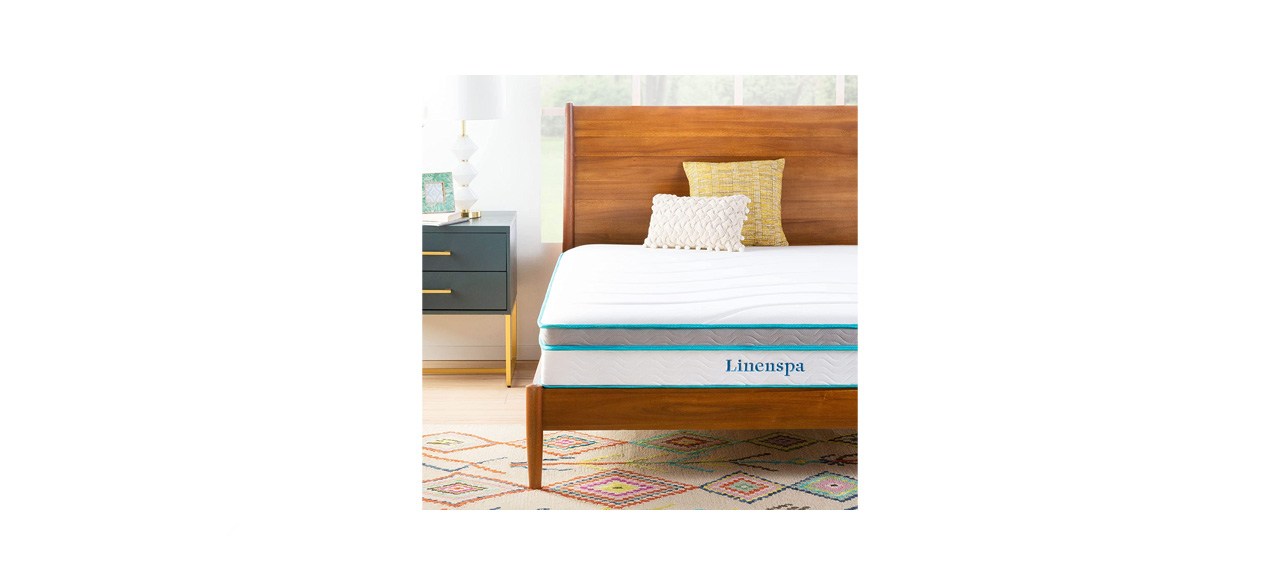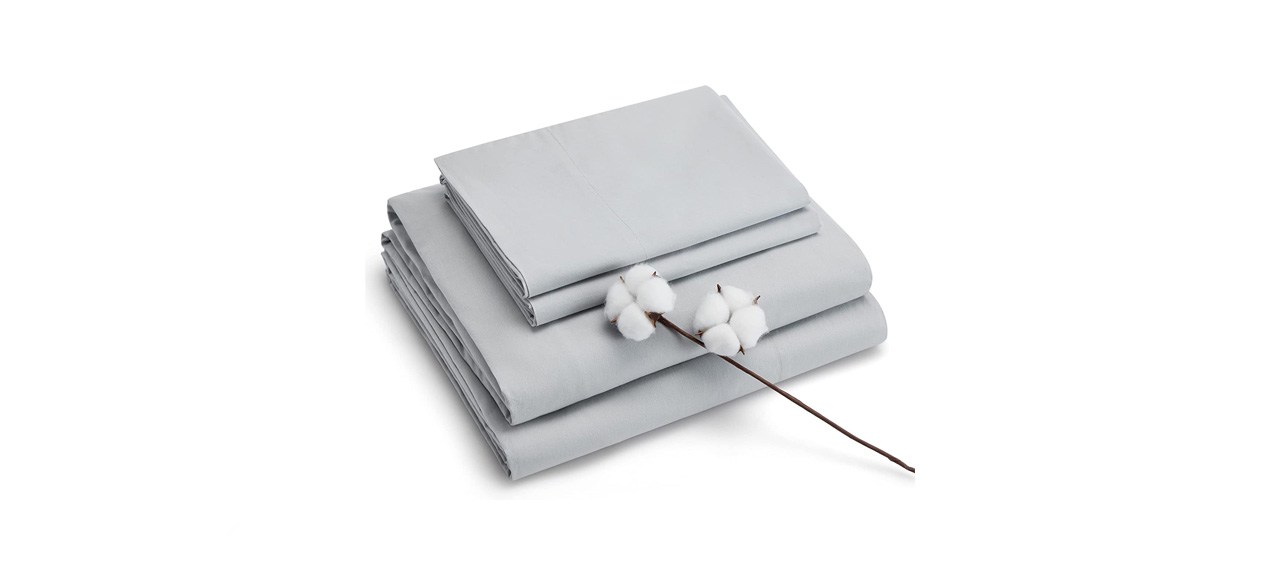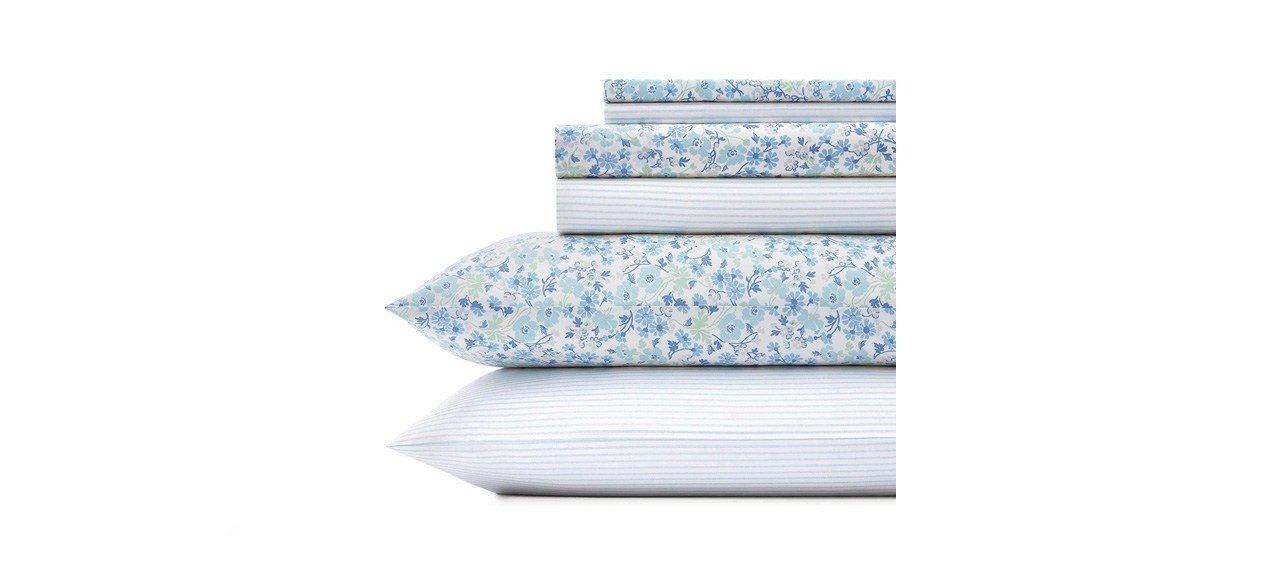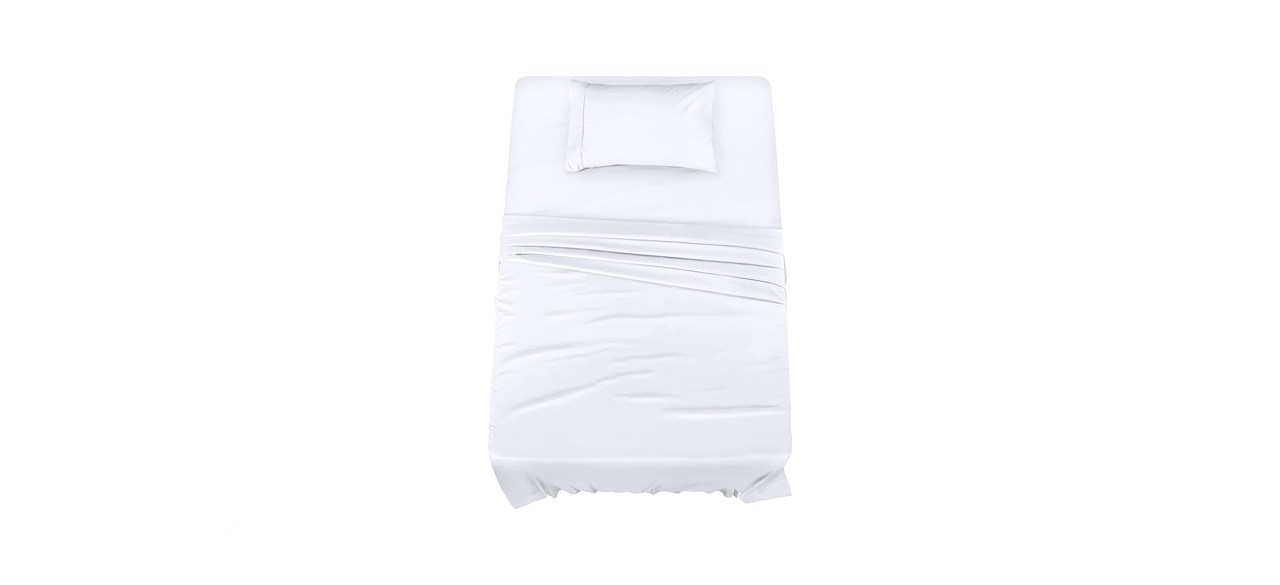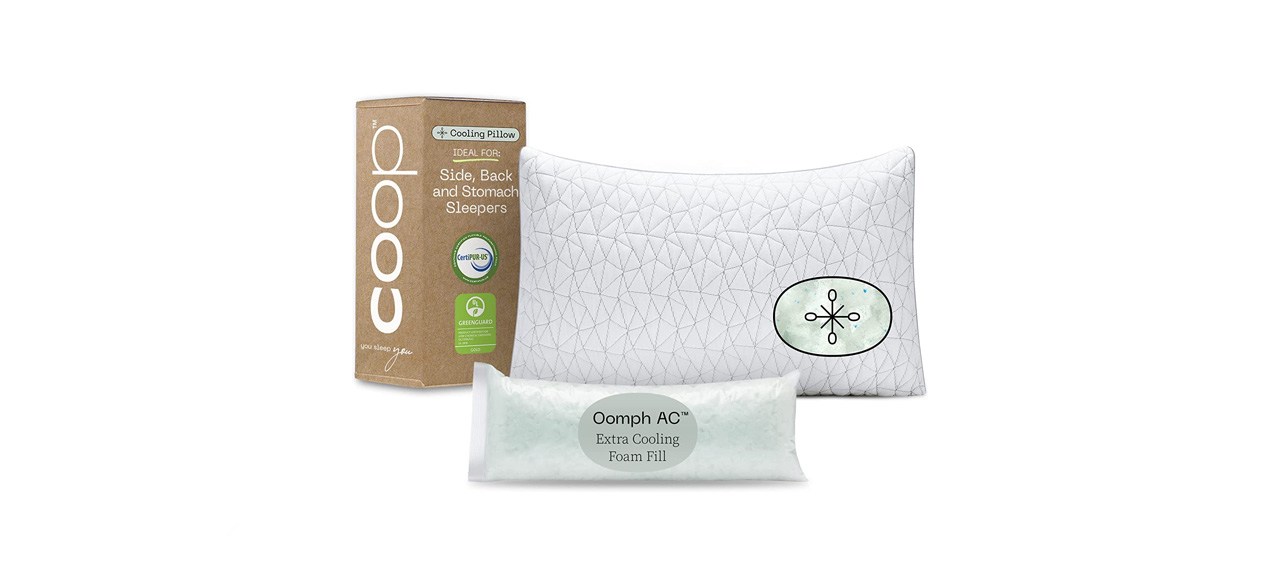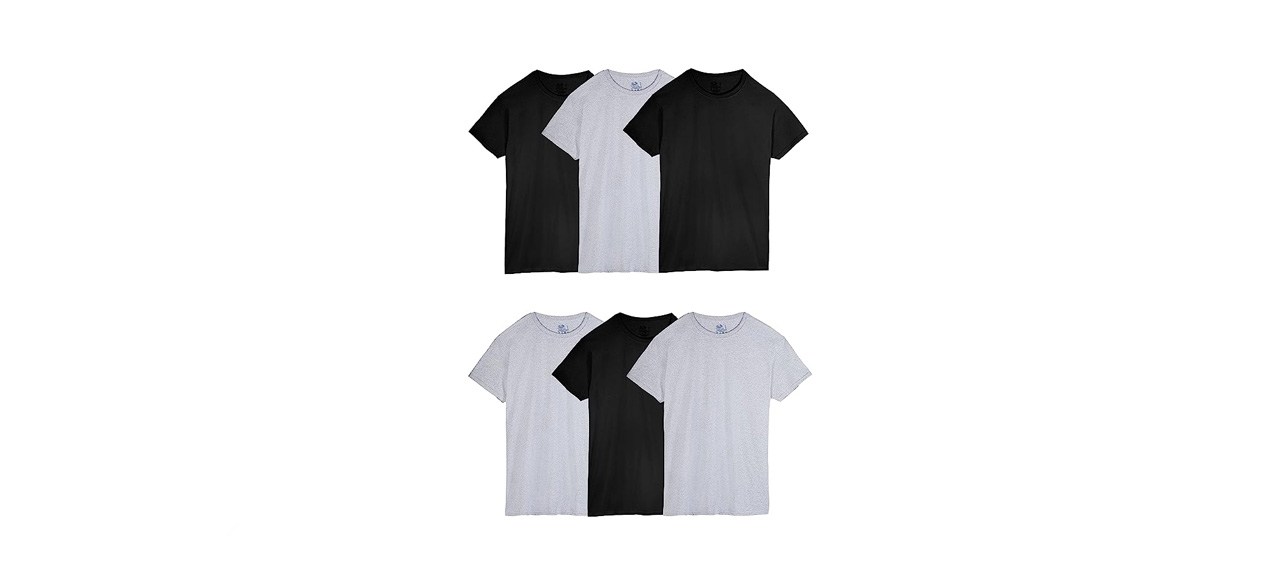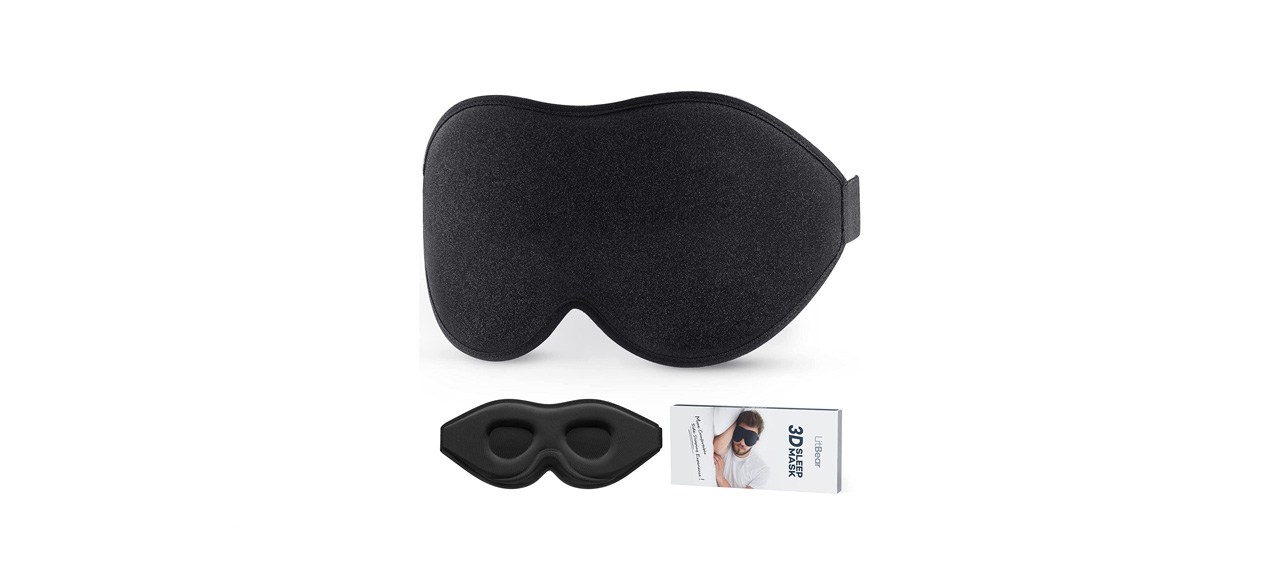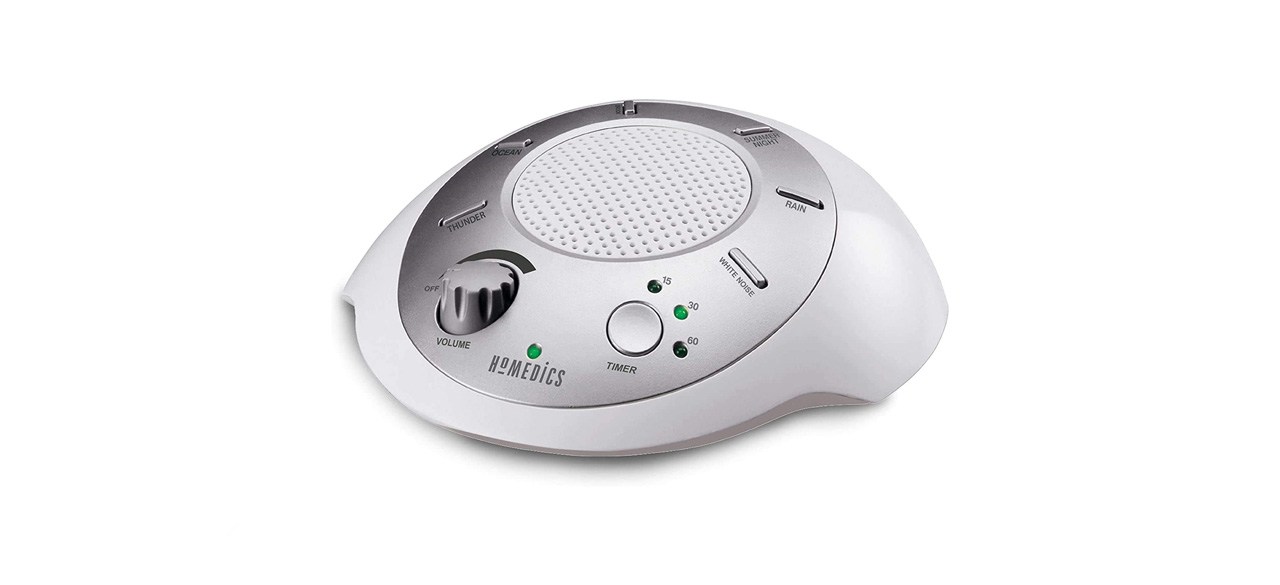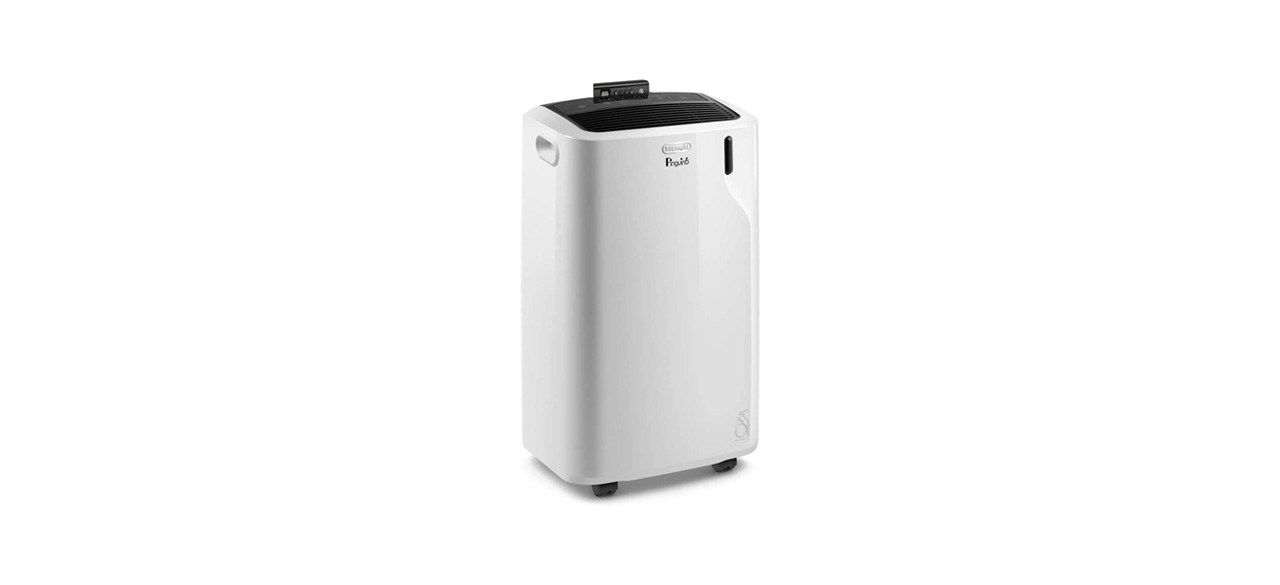Keep your cool
Most people sweat at night at some point in their life. Occasionally, these sweats can be excessive. When you wake up, it’s like someone dumped a bucket of water on you. At the very least, these moments are uncomfortable. If they begin to occur with any sort of frequency, however, it can be distressing.
The key to understanding whether you have night sweats or you just sweat at night is to figure out why you are sweating. Once you have solved this mystery, then you can move on to finding a strategy that helps reduce or eliminate this uncomfortable phenomenon.
Shop this article: Cooling mattress, Cooling sheets and Cooling pillows
What triggers sweating?
When you work out or go for a run, you expect to sweat. In fact, it is important to sweat because sweating regulates your body temperature. When your body temperature begins to rise, your nervous system tells your sweat glands to start working. As the water in your sweat evaporates, it takes heat with it, which cools down the surface of your skin. You can also sweat due to fear, anxiety, nervousness, or an underlying medical condition.
What are night sweats?
If you sweat at night, it is called night sweats. This can be alarming because you wake up damp or drenched and you don’t know why. For most people, this is a benign occurrence that only happens occasionally. For others, however, it can be a red flag that something else is going on with your body. The difference between the two is understanding why you are sweating.
What can cause night sweats?
Just as there are many reasons why you might break out into a sweat during the day, there are some habits and activities that can lead to sweating at night.
Alcohol
When you drink alcohol, it affects nearly every part of your body. Your heart rate can increase, breathing may get a little harder and your blood vessels can widen. These can all cause your body to trigger a sweat response, even when you are sleeping.
Clothing and bedding that doesn’t breathe
If you are wearing pajamas or you have a duvet that doesn’t allow air transfer, your body will begin to overheat — it’s like wearing a winter coat in the spring. As that hot air stays trapped near your body, your temperature will rise. Sweat is a natural reaction because your body wants to cool itself.
Medications
Medications have side effects. Your doctor prescribes medication because the benefit it offers outweighs the discomfort and risks associated with taking that medicine. If you are taking a medicine that affects the parts of your brain that regulate body temperature, night sweats can be a result.
Menopause
Unfortunately, menopause means hot flashes. Hot flashes that happen when you sleep mean night sweats. The good news is that over time, these hot flashes and night sweats will diminish in frequency.
Stress
Stress is how you feel when you are threatened or under pressure. Your body reacts to those emotions as a survival instinct. If you have a problem that you are struggling with when you go to sleep, it can cause your body temperature to elevate, which signals your sweat glands to start working. The result is night sweats.
Temperature
If your environment is overly warm, it’s like being outside on a sunny day. Eventually, that is going to raise your body temperature. To cool down, you need to sweat.
Underlying medical condition
Night sweats can be a warning sign that you have an underlying medical condition. The condition may be something easily treatable or temporary. It can also be something that requires long-term care. Usually, but not always, these night sweats are accompanied by other symptoms such as pain, unexplained weight loss, diarrhea, fever, or coughing.
Tips for managing night sweats
If your night sweats are not a result of an underlying medical condition, there are a few things you can try to help elevate the quality of your sleep.
- Limit alcohol intake at night.
- Limit your caffeine intake at night.
- Limit your intake of spicy foods.
- Exercise during the day to reduce stress.
- Maintain a healthy lifestyle.
- Stay properly hydrated.
- Establish a routine so you can calm down at night before going to bed.
- Do not use a blanket when you sleep.
- Purchase breathable bedding and nighttime clothing.
- Use a fan.
- Lower the temperature of your home or apartment at night.
Essentials for handling night sweats
Cooling mattress
Some mattresses trap and hold heat. While this is great for the winter months, every other time of the year, it could be a contributor to night sweats. Upgrading to a mattress for hot sleepers might help reduce the occurrence of sweating at night.
Cooling sheets
Cooling sheets do not lower the temperature. Instead, they allow for air exchange so the hot air can rise away, making you feel cooler at night. This is an excellent tool for combating night sweats.
Cotton bed sheets
Cotton is one of the most comfortable, breathable fabrics available. Even if you do not suffer from night sweats, cotton bed sheets can be a great investment because they offer a more restful night’s sleep.
Microfiber bed sheets
If you like cotton, but wish it was easier to wash and care for, microfiber bed sheets may be the best option for managing your night sweats. This modern fabric has all the benefits of cotton but none of the hassles.
Cooling pillows
Cooling pillows are a little more proactive than cooling sheets. The gel in these items disperses the heat away from your head, and the breathable outer material does not inhibit that process. This means you are cooler all night long.
Cotton underwear
It’s not just your bed sheets that need to breathe. Wearing cotton underwear at night is not only comfortable, but it allows your body heat to escape, reducing the need for sweating.
Eye mask
If you only have minor sweating at night, the trick to having a better quality of life might be to sleep through the episode. The best eye mask not only blocks out light so you have a better night’s sleep, but it can also be chilled before wearing to help lower your body temperature.
Sound machine
Another tool that can help you relax, fall asleep, and stay asleep is a sound machine. These marvelous devices can be a game changer for light sleepers.
Tower fan
A tower fan doesn’t make a room colder, but it does make a person cooler. The gentle breeze pushes hot air away from the individual to keep their body temperature down and prevent night sweats.
Ceiling fan
If a tower fan is good, a ceiling fan is great. The constant breeze can make you feel up to five degrees cooler than the actual temperature of the room.
Smart thermostat
A smart thermostat works while you sleep. If you wake up at the same time whenever you have night sweats, simply program your device to lower the temperature before that critical point and stop the problem before it even happens.
Portable air conditioner
If you are the only one who gets hot at night, cooling the entire house with the thermostat can become costly. A better solution might be to purchase a portable air conditioner that only lowers the temperature in one room.
FAQ
Q. When should I see a doctor about night sweats?
A. Two primary reasons reveal when you should consult a doctor about night sweats. The first is if they are accompanied by other symptoms such as pain, fever, coughing, or other regular undesirable occurrences. The second is if they happen frequently enough that it causes you concern or interferes with the quality of your life.
Q. What might night sweats indicate?
A. While it is not pleasant to think about, regular night sweats can indicate several underlying medical conditions, including sleep disorders, infections, obesity, overactive thyroid, cancers, autoimmune disorders, and more.
Q. Are there medications I can take for night sweats?
A. Yes. If avoiding triggers and living a healthy lifestyle do not help, there are medications that your doctor can prescribe. These medications may combat the problem either by helping you to sleep through an episode or by targeting the symptoms directly.
Want to shop the best products at the best prices? Check out Daily Deals from BestReviews.
Sign up here to receive the BestReviews weekly newsletter for useful advice on new products and noteworthy deals.
Allen Foster writes for BestReviews. BestReviews has helped millions of consumers simplify their purchasing decisions, saving them time and money.
Copyright 2023 BestReviews, a Nexstar company. All rights reserved.


